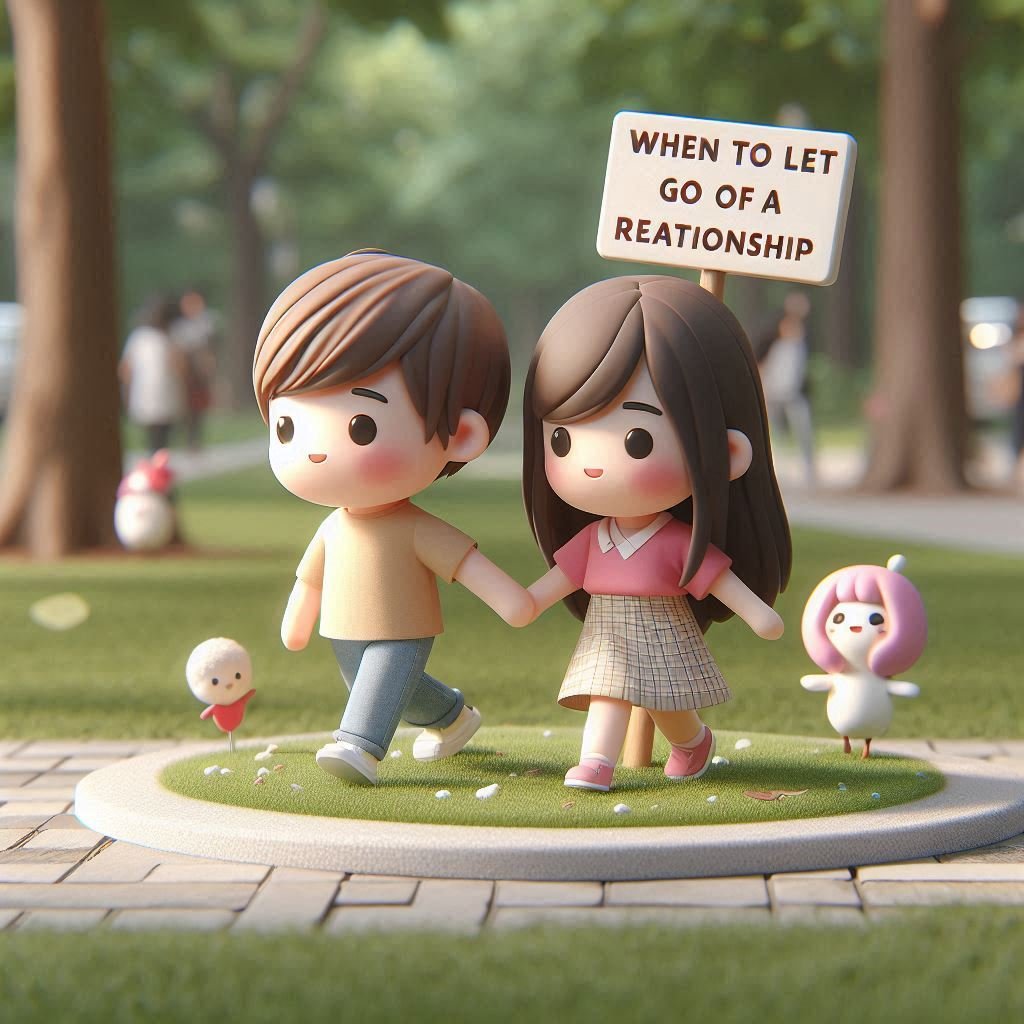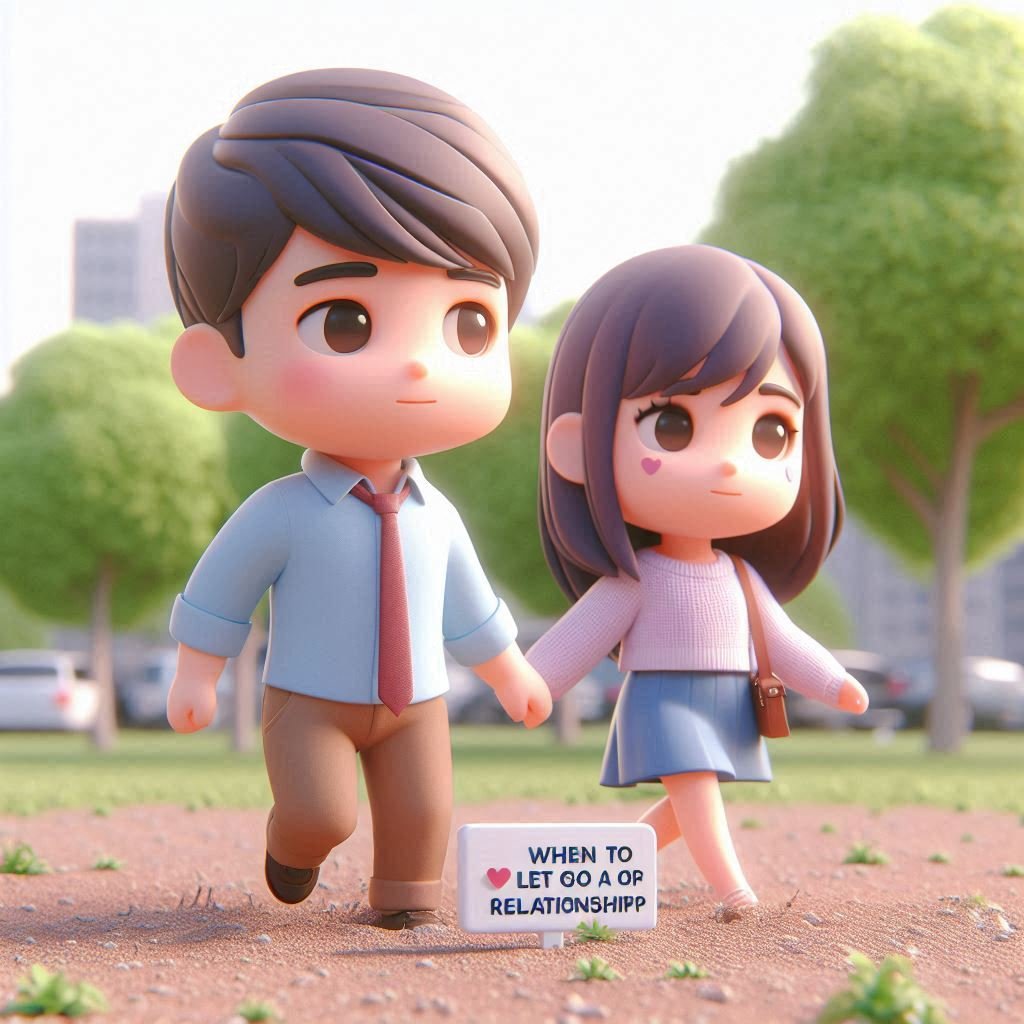Frequently Asked Questions – Wisher
When to let go of a relationship?
Deciding when to let go of a relationship can be incredibly difficult, but certain signs can help guide your decision. Often, the emotional clarity needed comes from reflecting on how the relationship makes you feel and recognizing patterns that no longer serve your happiness or growth. Affiliate Link

A major sign that it might be time to move on is the lack of emotional connection. Relationships thrive on vulnerability and openness, so if you feel distant from your partner, or if sharing feelings becomes uncomfortable or strained, this can indicate that the bond is weakening. In a healthy relationship, emotional intimacy should make you feel safe and understood.
Communication breakdown is another key signal. When conversations become scarce or superficial, and important issues are swept under the rug, it can create a growing disconnect. In such situations, unresolved problems fester, making the relationship feel more like a burden than a source of support.
[expander_maker id=”1″ more=”Read more”]
Constant conflict is also a red flag. Disagreements are normal, but when they escalate into frequent, disrespectful arguments, the relationship can become toxic. If fights drain your energy and leave you feeling disrespected, it’s worth considering if it’s time to walk away for your peace of mind.
Lastly, if trust has been broken, especially due to lies or infidelity, the relationship can feel like an uphill battle. Without trust, the foundation weakens, and rebuilding can feel impossible. Resentment may build up over time, making it hard to see a future together.
In conclusion, if these signs resonate with your experience, it might be time to reassess whether the relationship still brings joy and fulfillment. Your well-being and happiness should always come first.
How to you tell if your partner is not in love with you anymore?
Recognizing that your partner may no longer be in love with you can be a painful realization, but certain signs can help you understand where things stand. One of the first indicators is the lack of communication. When your partner becomes distant and conversations feel shallow or forced, it can suggest that they are emotionally withdrawing. If you notice that they avoid engaging in meaningful discussions or seem uninterested in your life, it’s a warning sign that their feelings may be changing.
[expander_maker id=”1″ more=”Read more”]

Another key signal is avoidance and disconnection. If your partner starts making excuses to spend time away from you or avoids physical proximity, it could indicate emotional detachment. It’s not just about physical absence, but a lack of effort to connect on any level. This growing disconnection often leads to feeling like strangers in the same relationship, creating a sense of isolation.
A decline in affection is also an important clue. Love is often shown through gestures of physical and emotional closeness, such as hugs, kisses, or shared moments of intimacy. If these expressions of love become rare or non-existent, it may point to deeper emotional issues. The absence of affection can leave one partner feeling unimportant or neglected, which further damages the relationship.
Furthermore, if your partner becomes more irritable or shows contempt, it’s a strong indication that something has shifted. Frequent sarcasm, frustration, or disrespect towards you can signal that they no longer see the relationship in a positive light. Constant negativity often means that the emotional connection has been replaced by resentment, making it difficult to rebuild the bond.
Ultimately, if your partner stops caring about the future or shows no interest in planning ahead with you, this lack of investment can be the final confirmation that their love has faded. In such cases, it’s crucial to have an open conversation, address these concerns, and decide what steps to take moving forward for both your well-being.
How do you tell if you are the problem in a relationship?
Recognizing that you may be contributing to problems in your relationship can be a difficult yet essential step toward healing and growth. One of the first signs is a lack of self-reflection. If you often find yourself blaming your partner for the issues in your relationship without taking the time to consider your own actions, it may indicate that you’re not acknowledging your role in the problem. Relationships thrive when both partners are willing to reflect on their behavior and take responsibility for their mistakes. Ignoring this can hinder communication and lead to further conflict.

Another common issue is an unwillingness to admit mistakes. If you struggle to say “I’m sorry” or refuse to own up to your faults, you create barriers that prevent meaningful resolution. This unwillingness to compromise or be accountable for your actions can cause resentment to build. Healthy relationships require a balance of humility and self-awareness, which means being open to the possibility that you might be wrong.
[expander_maker id=”1″ more=”Read more”]

Problematic behaviors like being overly critical or controlling can also signal that you’re contributing to relationship issues. If you constantly put your partner down, act superior, or get excessively angry over minor matters, this can damage trust and mutual respect. Emotional outbursts, whether they come in the form of anger, jealousy, or possessiveness, push your partner away and create a toxic environment.
Lastly, consider if you’re avoiding conflict instead of resolving it. Refusing to address problems head-on can cause small issues to fester and eventually damage the relationship. Avoidance often leads to a growing emotional distance between you and your partner, making it harder to reconnect. Relationships thrive on open communication, and constantly avoiding difficult conversations can create lasting tension.
If you recognize these signs in your behavior, it’s important to take a step back, reflect on your actions, and be willing to make changes. Self-awareness is the key to improving both your personal growth and the health of your relationship.




One thought on “#95 when to let go of a relationship? Best Solution”